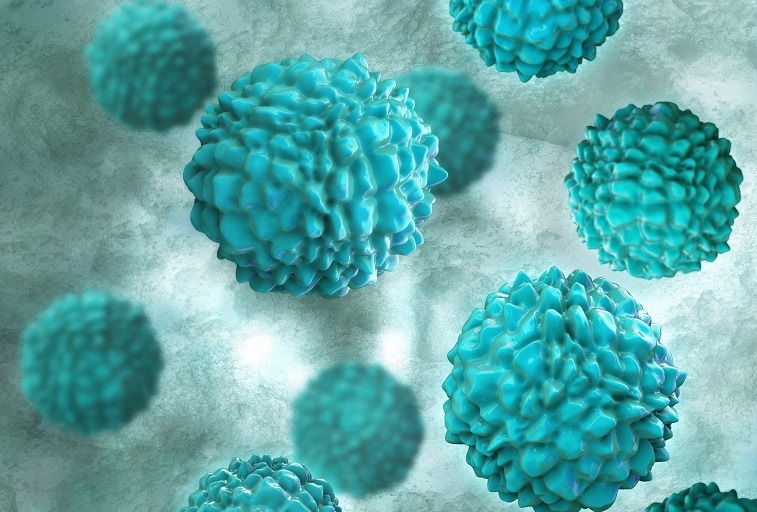Context:
In the first week of December, over 90 cases of norovirus were reported in the US with a notable outbreak occurring in Los Angeles.
More on the news:
- Norovirus outbreaks have also been reported in other parts of the world, including India, where smaller-scale cases have been recorded, particularly in Kerala.
- According to the World Health Organization (WHO), norovirus affects an estimated 685 million people annually, including 200 million children under five.
- The US Centers for Disease Control and Prevention (CDC) states that norovirus is responsible for 58% of all foodborne illnesses in the country.
What is Norovirus?
Norovirus is a highly contagious virus that causes stomach and intestinal inflammation.
It comes under the Caliciviridae family of viruses.
It is often referred to as the “winter vomiting bug,” it spreads primarily through:
- Contaminated food and water
- Direct contact with infected individuals
- Contaminated surfaces
Outbreaks frequently occur in confined spaces such as cruise ships, nursing homes, dormitories, and schools.
Symptoms of Norovirus:
- The initial symptoms of norovirus are vomiting and/or diarrhoea, which show up one or two days after exposure to the virus.
- Patients also feel nausea, abdominal pain, fever, headaches and body aches.
- In extreme cases, loss of fluids could lead to dehydration, especially in vulnerable populations such as the very young, elderly, or malnourished individuals.
Precautions Against Norovirus:

- Hand Hygiene: Wash hands thoroughly with soap and water, especially after using the bathroom, changing diapers, and before handling food.
- Food Safety: Avoid raw or undercooked shellfish. Properly cook food to ensure the virus is eliminated, merely steaming food or chlorinating water does not kill the virus.
- Surface Disinfection: Use a disinfectant containing 5,000 parts per million hypochlorite for cleaning contaminated surfaces.
- Isolation: Infected individuals should avoid preparing food for others and minimize contact for at least two days after symptoms subside.
Treatment for Norovirus:
There is no specific treatment or vaccine for norovirus. However, the illness is usually self-limiting and resolves within two to three days. Key measures include:
- Hydration: Drink plenty of fluids to prevent dehydration. In severe cases, intravenous fluids may be necessary.
- Rest: Adequate rest can help the body recover more effectively.
- Diagnosis: Real-time reverse transcription-polymerase chain reaction (RT-PCR) is used for confirmation in severe cases.

